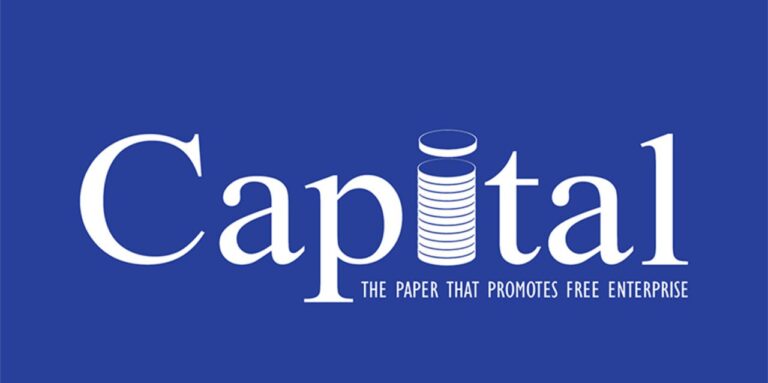Civil servants play a vital role in the functioning of government and delivery of public services. They are the backbone of various sectors, from education to health care, ensuring that citizens receive the basic necessities to thrive. However, many of these public servants are facing a severe livelihood crisis due to insufficient salaries, which has significant implications for both the individuals and the broader society.
The current economic landscape in Ethiopia presents numerous challenges. Inflation and rising living costs have eroded the purchasing power of many civil servants. Despite their critical role in society, salaries for public servants have not kept pace with the increasing costs of living. This financial instability affects their ability to support themselves and their families, leading to a sense of insecurity that can impact their work performance and commitment. When civil servants are financially strained, the quality of public services suffers, which in turn affects the lives of everyday citizens.
Moreover, the consequences of this persistence in low wages are alarming. Disillusionment and a lack of motivation among civil servants can lead to lower productivity, hampering the effectiveness of the government machinery. Many skilled workers may seek employment in the private sector or even migrate abroad for better opportunities, leading to a brain drain that further depletes the capabilities of the public sector. This trend not only threatens the integrity and efficiency of government services but also undermines public trust in government institutions. Addressing the immediate concerns of civil servants is imperative. While systemic reforms to improve salary structures are essential for long-term sustainability, alternative livelihood strategies can provide a temporary solution for many struggling public servants.
The government could promote programs that encourage civil servants to engage in supplementary income-generating activities. This could include vocational training in sectors such as agriculture, handicrafts, or small business development, empowering civil servants to diversify their income sources. Additionally, fostering partnerships with private businesses can create opportunities for civil servants to gain valuable skills and experience while contributing to local economies. Collaborations in training or internships can uplift the spirit and skill set of civil servants, giving them the tools they need to pursue more fulfilling and lucrative careers, whether within the public service or in the private sector. Communities can also play a pivotal role.
Local governments could establish cooperative networks that allow civil servants to pool resources, share knowledge, and create collective economic endeavors. By supporting each other, civil servants can ease the burden of financial strain and work together toward solutions that benefit both their families and the community as a whole. Moreover, advocacy for fair remuneration is critical. Civil servants must organize and continue to engage in dialogue with government officials to voice their concerns over wages and working conditions. Collective bargaining can ensure that their needs are recognized and addressed. Building alliances with civil society organizations could strengthen these efforts, highlighting the importance of adequately compensating civil servants who serve the country and its citizens.
In conclusion, the livelihood crisis faced by civil servants in Ethiopia is a multifaceted challenge that requires a concerted effort from various stakeholders—including the government, civil servants themselves, and the communities they serve. While the long-term solution lies in revising salary structures to reflect the realities of the current economy, embracing alternative livelihood strategies can offer immediate relief and empower civil servants. By working together, Ethiopia can forge a path toward a more resilient and effective public service system, ultimately benefiting all citizens.
Shewangezaw Seyoum is a senior consultant at the Ethiopian Management Institute. Views expressed here do not reflect that of the institution. He can be reached at swsm02@yahoo.com.



